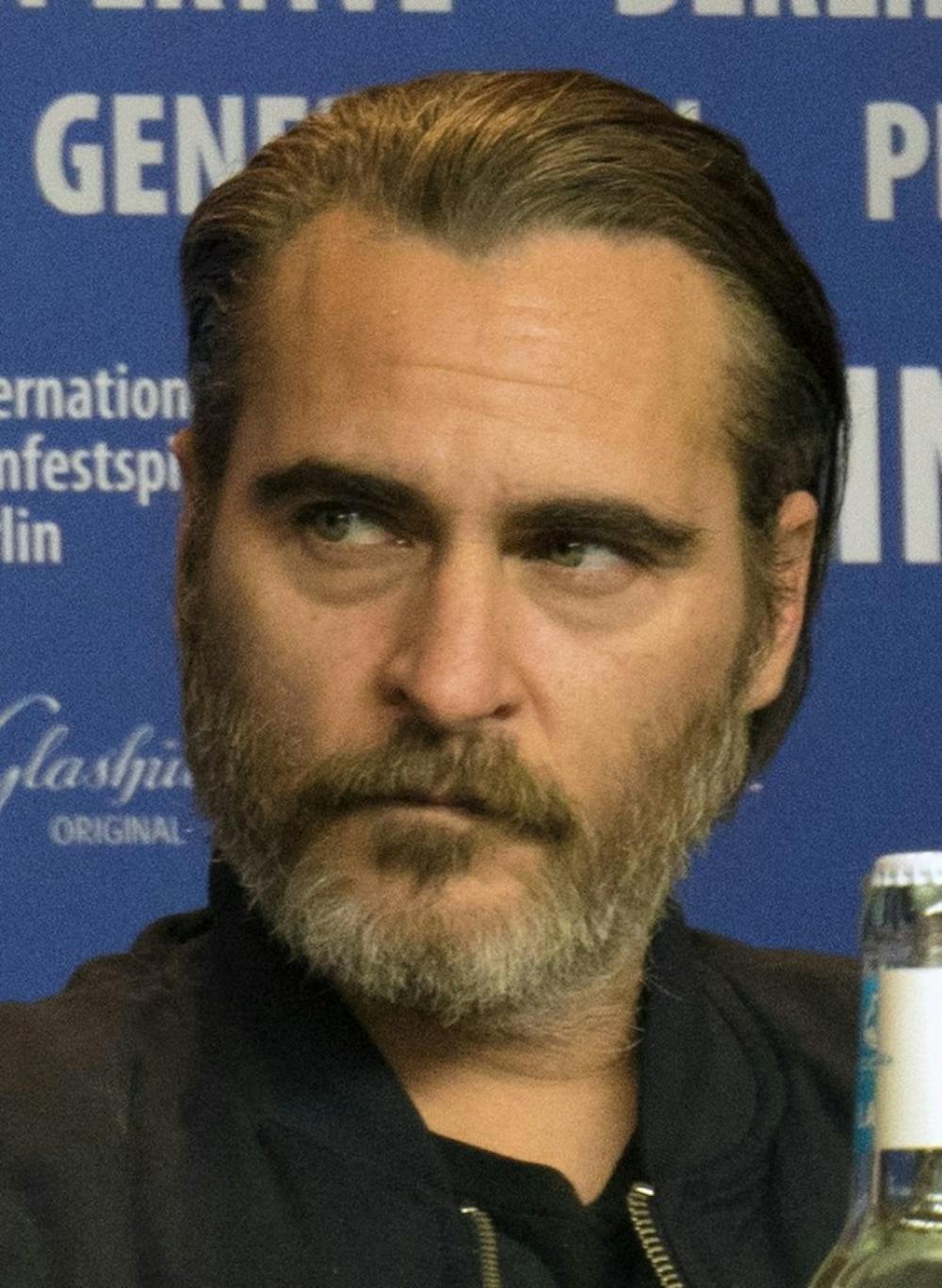I had been talking with a friend who told me she was scared to watch the recently released DC Comics movie, Joker.
While I assumed she was scared of the possibly gory and creepy contents of the film, I proceeded to ask her what exactly she found disturbing. Her response startled me.
I grew up in South Korea, where firearms are, as in most of the world, illegal.
So when she told me that nationwide warnings were being released to keep people from watching the movie for its purported endorsement of real-life violence, I was left very unsettled. Amid the controversy, I still found myself buying a ticket to see Joker.
According to the Colorado Public Radio, theaters have ordered extra security for screenings of Joker in anticipation of possible gun violence. Unsurprisingly, a man in uniform was standing in the hallway of the theater I went to.
That man, Detective Kevin Jones, cited previous incidents involving gun violence in movie theaters as the rationale for tighter security.
“Police presence is here in the theater for precautionary measures due to past films that may have instigated incidents,” Jones said in an interview with The News-Letter.
In 2012, 12 people were killed and 70 were injured during a screening of The Dark Night Rises in a movie theater in Colorado.
According to Vanity Fair, while the shooter had never identified himself as the Joker, rumors that the shooter took inspiration from the Joker charged the opening weekend of Joker with anxious energy.
Nevertheless, Joker broke box-office records the weekend of its premiere, according to CNN Business. It brought in approximately $93.5 million in North America, which made it the highest-grossing opening of October.
Warner Brothers also clarified that the film does not encourage violence of any kind and that it doesn’t endorse any of the film’s proposed underlying messages.
“Warner Bros. believes that one of the functions of storytelling is to provoke difficult conversations around complex issues,” the statement from Warner Brothers read.
Another statement released from the studio last month told CNN that filmmakers and the studio did not intend to lionize Joker’s persona.
While I’ve watched a few DC Comics movies in the past, I had no knowledge of Joker except for the negative press that’s been generated around his name. Certainly Wonder Woman and Aquaman did not prepare me for what unfolded during the two-hour screening.
Arthur Fleck, later turned Joker, is a middle-aged man who lives with his mother in a run-down apartment. While his dream is to become a stand-up comedian, his reality is working several less-than-ideal part-time jobs as a clown.
He gets unfairly beaten during one of his shifts and is subsequently fired from another gig. When it seems like life couldn’t get any worse, he is told that he no can no longer be provided state-funded therapy and medication for his mental illnesses due to city budget cuts.
This series of unfortunate events leads Fleck into a state of severe psychological instability, and Fleck eventually breaks.
On his subway ride home after getting fired, he encounters three arrogant businessmen who start to taunt him for randomly breaking out into laughter (he suffers from a condition called “pseudobulbar affect,” which makes him hysterically laugh in inappropriate situations).
Without hesitation, he brutally shoots two of the men and runs after the third man and makes sure he is shot through the chest. Fleck commits a crime born out of frustration and does not expect any support for what he does, but the incident unintentionally instigates an uprising of disgruntled residents of Gotham who have grown tired of the gaps in socioeconomic opportunity prevalent throughout the city.
Frightfully, many begin to follow Fleck, turning to violent protests as a way to galvanize a larger political movement.
Meanwhile, Fleck himself continues to turn into the ruthless monster we know, while enjoying the attention he had previously never received.
The movie did a good job of not making the audience sympathize with the villain. While there were moments in the movie when I felt bad for Fleck, overall I saw his actions as a bit too extreme, sometimes even disturbing and completely incomprehensible.
Not to mention, critics were also quick to notice that the film used the song “Rock and Roll (Part 2)” by Gary Glitter, a now convicted pedophile. As if the already alarming security concerns weren’t enough, such a disastrous and inexcusable misstep makes the film seem all the more like an unsalvageable production failure.
From my own judgment, the film does not seem to intentionally endorse the supposed copycat crimes it is accused of inspiring. However, because I went into the movie theater carrying an awareness of the plot’s controversies, I couldn’t laugh with much ease, even during its intentionally funny moments.
The film also sheds light on several relevant societal issues such as stigmas surrounding mental illness and social and economic inequality.
While the movie magnifies and highly exaggerates these problems, the setting and plot can hit close to home.
At the same time, however, I do applaud the actor who portrayed Joker, Joaquin Phoenix, for his brilliant embodiment of the character that sent shivers down my spine all throughout the movie.
Throughout the film, he made sure the audience felt every emotion Fleck was feeling, through his intricate body movements, facial expressions and characteristic voice.
All in all, Joker was an enjoyable movie that touched on important issues and featured phenomenal acting, but I also understand its controversies.





